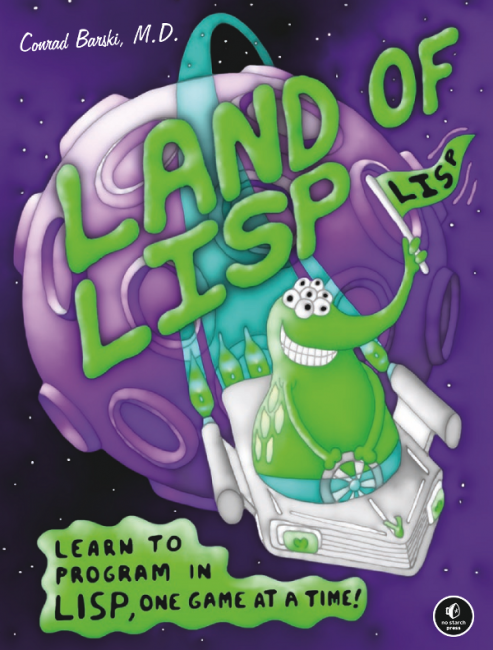TRON: Legacy was one of the more interesting movies of 2010. The following are some themes which were explored and contains spoilers, so be warned.
References to the Christian religion
Kevin makes CLU in his image, just as God made Man in His image. Man rebels against God, just as CLU rebels against Kevin. Man was supposed to be perfection, just as CLU was supposed to be perfect in his world. In the Bible, Man tried to reach the heavens by creating the Tower of Babel; CLU tries to reach the outside world through the portal which is a beam of light shining skywards. The Light Transporter with its captured programs on board, serves as a metaphor for Noah's Ark.
References to Eastern philosophy, Taoism (duality), Sun Tzu's Art of War
Kevin does not engage in open warfare with CLU. When CLU tries to exert his "will" on the world, he upsets the cosmic harmony which runs counter to Taoist philosophy. When Kevin and CLU merge, the world ends because they are a natural duality i.e. Yin-Yang, passive (Kevin) vs aggressive (CLU), matter and anti-matter, male and female, so on and so forth. Thus it is meaningless to think of Kevin or CLU as independent forces of good or evil, for they are inter-dependent.
Biology & Evolution
Isomorphs are life-forms discovered independently and were not Kevin's (God's) creations. The existence of isomorphs are possible because organisms governed by simple rules are able to exhibit complex, non-random features (cellular automaton). When Quorra gets wounded she is restored to health by manipulating her "code", which is analogous to DNA/gene therapy (the movie even uses a double helix, duh) which repairs "damage" to the genes. Programs placed in the games are expected to "evolve" (self-modifying), with the best ones facing off against the champion Rinzzler.
Perfection
CLU's singular mission is to achieve perfection by ridding the world of imperfect beings. Most cultures place undue emphasis on youthfulness as perfection, which is why CLU appears as a human male in his prime. Even Quorra (played by Olivia Wilde with her nigh-perfect symmetrical features), except for her quirky hair-style and mysterious "tattoo" on her arm which marks her as an isomorph.

